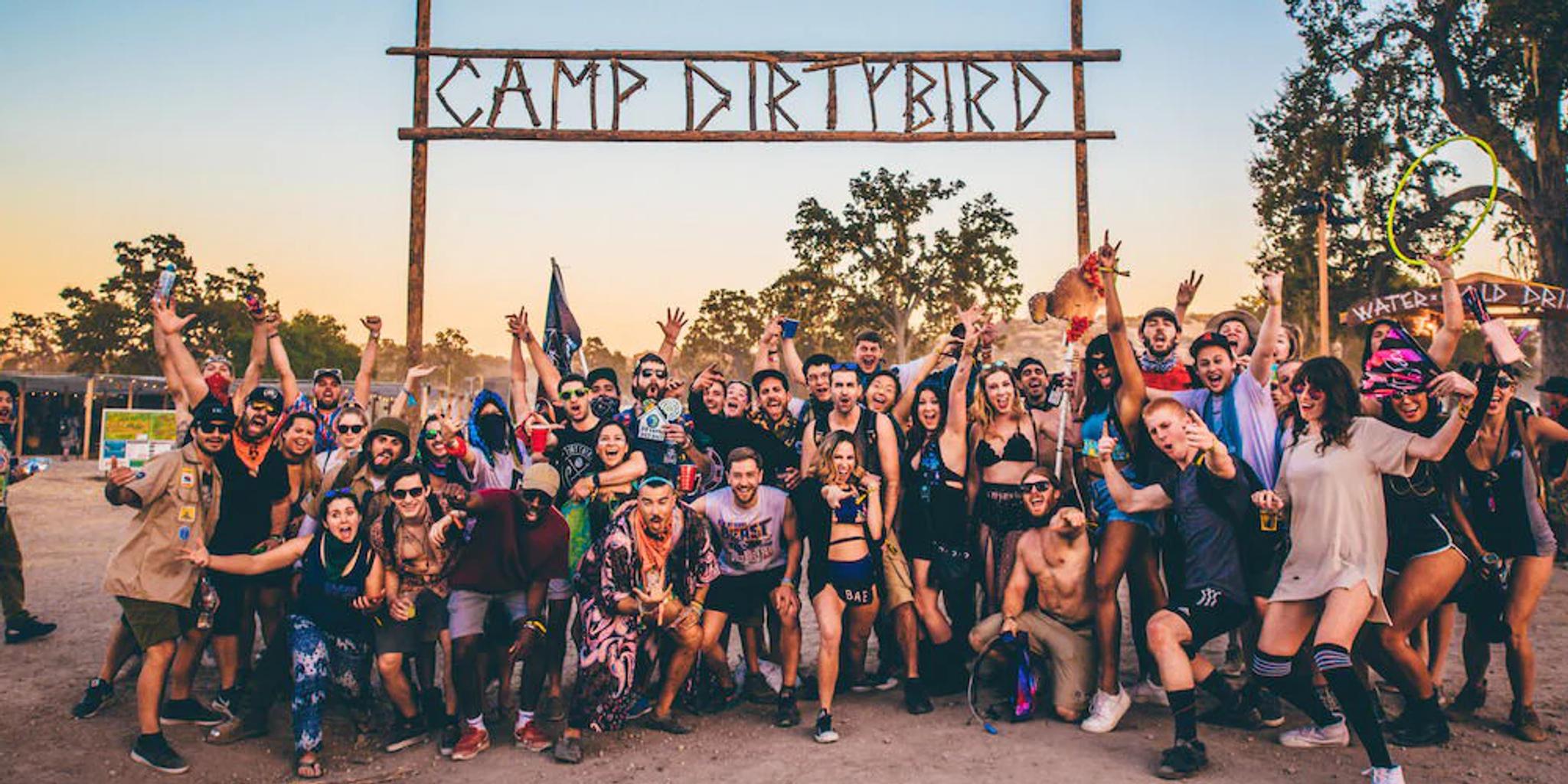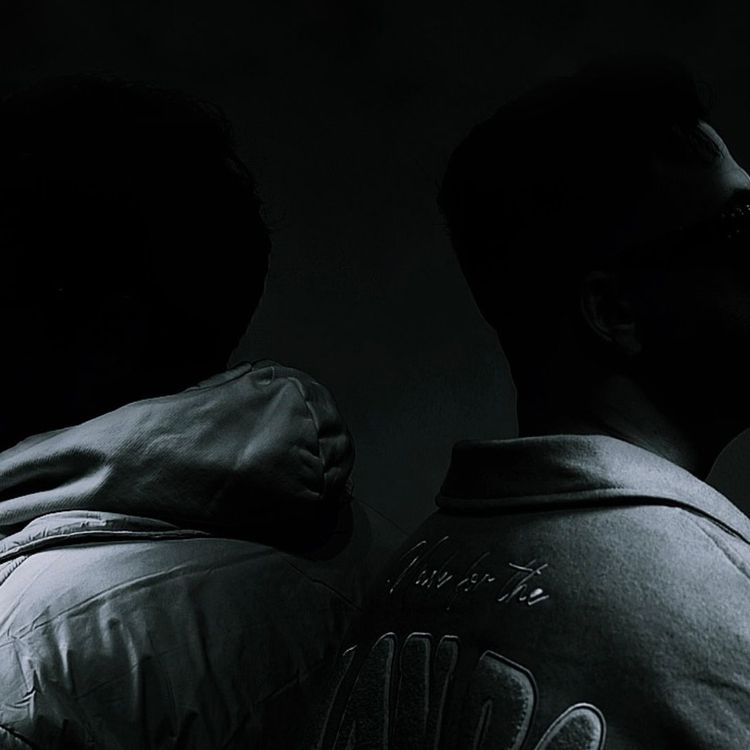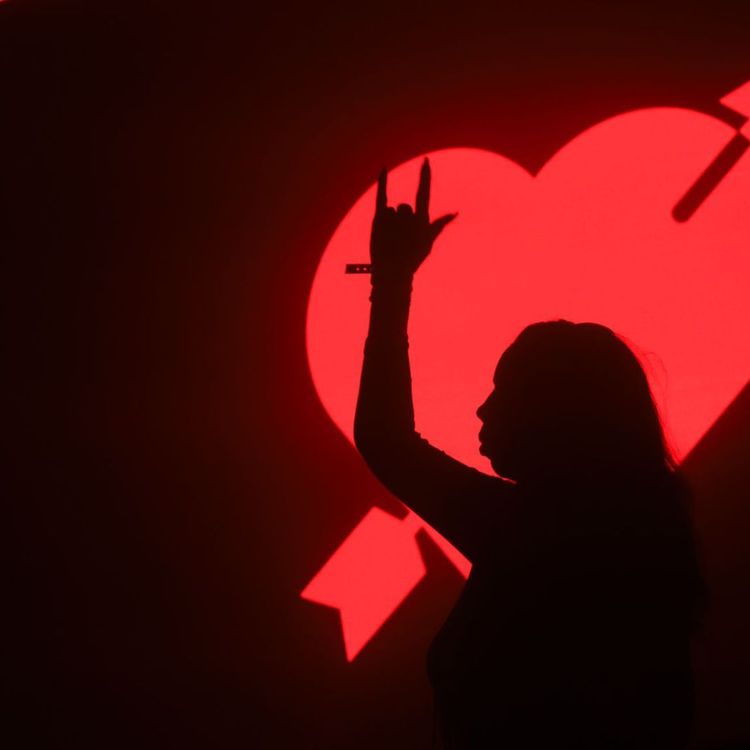How Fandom has Impacted Dance Music Culture
When the third season of Adult Swim’s Rick and Morty premiered in 2017 with the episode “The Rickshank Rickdemption,” the writers included a throwaway story arc about Rick searching for Szechuan sauce at McDonald’s. The sauce was long forgotten, as it was only meant to be a promotion for the debut of the Disney film Mulan in 1998. The fast-food chain retired the sauce, and everyone forgot about it for over 20 years….until 2017 when “The Rickshank Rickdemption” episode premiered. Without giving the show’s creators a heads up, McDonald’s decided to bring back the sauce for a one-day promotion.
Already having a bit of a reputation, Rick and Morty’s incredibly passionate fanbase was elated to hear about the Szechuan revival, but that excitement was short-lived. With limited quantities of the sauce available only at specific locations, Rick and Morty fans’ delight quickly turned into violent anger against McDonald’s employees once they realized their franchised location ran out before they could dunk their nugs.
The show’s superfans gave Rick’s throwaway story arc an absurd amount of importance. When you scroll through tweets, you can sense the hoards of people genuinely felt real anger over not getting their sauce and subsequently took it out on McDonald’s employees. The fast-food chain received so much backlash that it quickly apologized and pledged to bring back the sauce, adding, “any fan who’s willing to do whatever it takes for Szechuan Sauce will only have to ask for it at a nearby McDonald’s” in a since-deleted tweet.
A second round of dip drops came in 2018, again in limited supply but nearly not as hostile of response compared to the previous year. The fifth season of Rick and Morty premiered in 2021, but on March 31st of, 2022, the sauce made yet another comeback, available exclusively via the official McDonald’s app.
Though the fans of Rick and Morty have come to be associated with toxic rhetoric, the fact is, as a collective unit, they still hold a lot of power. They brought a multi-billion dollar company to its knees, practically forcing McDonald’s to spend millions in production, marketing, distribution, and app development.
Mainstream culture isn’t the only target of zealous fans. Fandom in dance music has affected underground culture as well. Over the years, fandom has been as many different things, be it hype, genuine admiration, short-lived trends, and yes, sometimes even obnoxious and/or toxic. But how you look at it depends on where you stand.
Dirtybirds and Dirty Beats
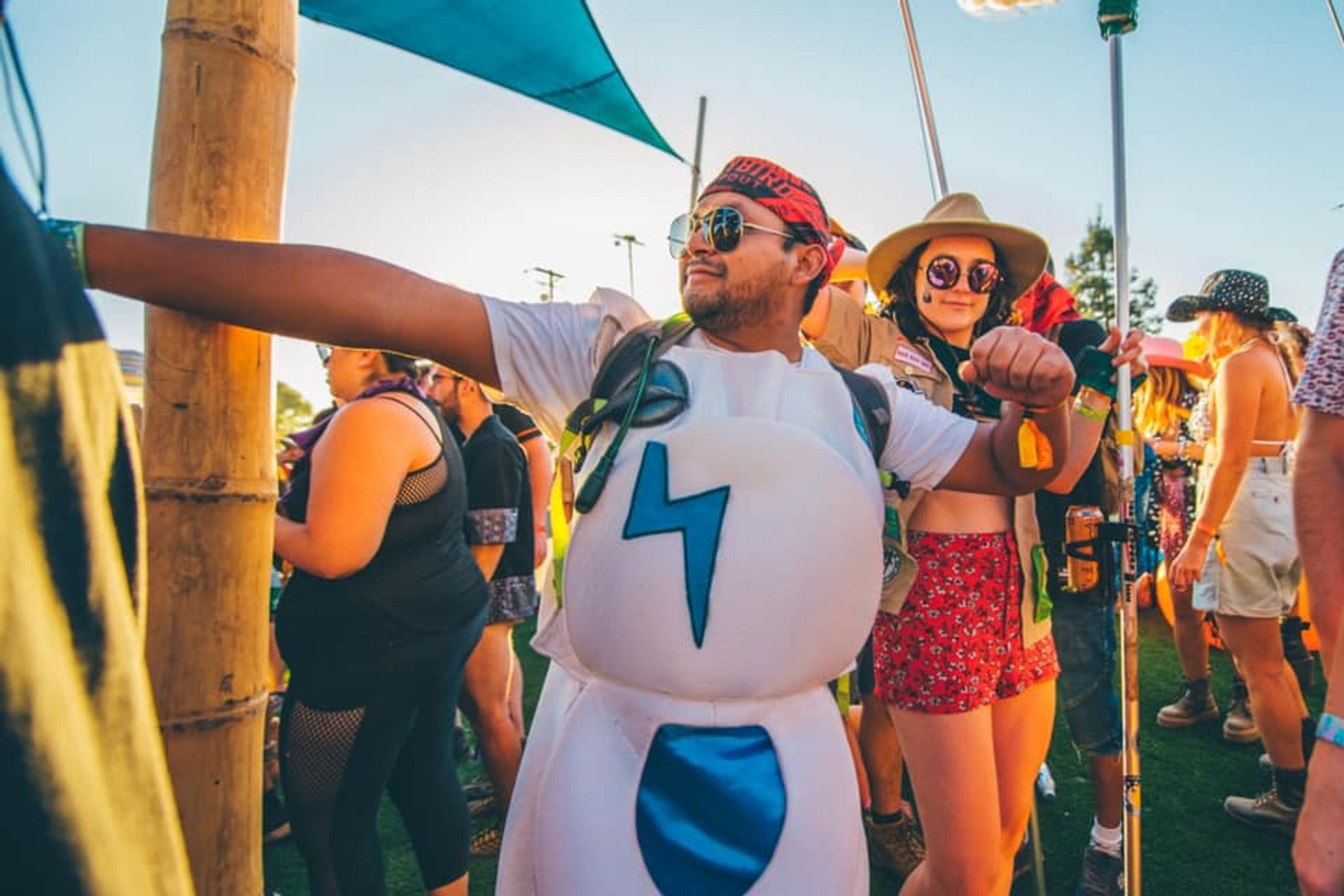
In 2014 on my flight from Los Angeles to Detroit for Movement Festival, I noticed my window seat was next to a couple, both of whom were wearing black T-shirts and hats with a cracked egg logo on them. Anyone who’s been in the scene long enough knows the logo belongs to the Dirtybird record label.
“Are you guys going to Movement too?” I asked the couple, noticing they also had the Dirtybird egg logo on the back of their phone cases.
Of course they were. Their outfits gave them away. Throughout the flight, we talked about who we were excited to see at the festival and where we could buy weed. The ease of conversation is something I’ve come to associate with the Dirtybird crew and fans.
The Dirtybird label has developed a positive, festive reputation and is now one of the most recognizable entities in dance music, with label head Claude Vonstroke describing the brand as “not pretentious” and “just not taking itself too seriously.” And for over 15 years, it’s done just that. Merging bouncy, irresistible tunes with oddball samples and effects to solidify the fun aesthetic. This aesthetic spills over into live events such as Dirtybird Campouts, their infamous barbecues, and even the brand’s merchandise. On numerous occasions, the online store and the merch booth at live shows have run out of nearly everything they had in stock within a few hours.
Yes, Dirtybird fans are not only a lively bunch but hardcore Stans willing to spend money to show off their Dirtybird pride. Both Vonstroke and his wife, Aundy Crenshaw (who helps helm the brand), have alluded that eager fans buying merchandise have helped keep the label running. Which is why the label and its leading artists continue to emphasize how vital the Dirtybird community is to their success. Moreover, citing their fans as some of the nicest people, they’ve come across in the dance music community. But not all Fandom comes from a place of positive energy.

The Fish Rots from the Head
Bassnectar fans had developed a reputation long before their leader became embroiled in controversy. I first caught wind of the fandom attending Starscape Festival in 2011 after noticing people camping out in front of the stage Bassnectar would be playing many, many hours later. The fans didn’t care which acts were poised to play during the day - they just stood there all day and night, taking space from other fan groups who may have wanted to see their favorite DJs up close.
This became common foder as Bassnectar’s fame accelerated. The fandom became known for chanting “Bassnectar” on repeat during the middle of other DJs’ performances. There are numerous Reddit threads discussing Bassnectar fan’s ruinous effect on the festival scene, with users like Nectar613 noting, “Some of these kids are so aimless and have no concept of ‘reality’ outside of the festival/rave scene; they kind of just act like drugged up animals, with a severe lack of morals. Hopefully, with time, they learn from their mistakes.”
But how could they learn from the mistakes when the behavior was almost encouraged. After every show, Bassnectar would pull the event photographer to take an epic “Family photo,” reinforcing the idea of community and giving fans the desire to be up close in the snapshot. Plus, the times Bassnectar would stop playing music, it was rarely to police any behavior but rather wax poetic about how enlightened he was. Now with multiple allegations and lawsuits outlining his predatory behavior, the fandom of Bassnectar remains silent, waiting for a verdict.
In some cases, the head of the fandom has as much to do with the behavior of their fans as the fans themselves. It’s easy to posit the toxicity of Bassnectar managed to spill over into the fandom as well. But the pack leaders can also change the direction of their fandom.
At the beginning of Borgore’s career, you could hear fans enthusiastically shouting lyrics like “the thing I love most is cumming on your face, suck it bitch!” from the top of their lungs at bass stages across the country. Despite claiming not to be a misogynist, Borgore’s fandom often had difficulty distinguishing his lyrics as “jokes.”
A femme-identifying contestant at one of Borgore’s Most Ratchet Pageants said, “His music’s so much fun. I don’t see it as woman-hating.” At the same time, a male-identifying fan explains Borgore’s gospel as, “Look around; you can see a bunch of bitches. Look at how they act. They’re never gonna get anywhere, they’re never gonna find the right guy,” he shouts emphatically. “You have to be sophisticated and classy. And if you don’t choose that path, then you’re a bitch.”
But that was many years ago, and Borgore has come a long way since his #bootyforborgore days, going so far as releasing a jazz EP in 2018 and, more recently, a big room house track in the Fall of 2021. The “Bitches Love Cake” and #bootyforborgore hype has shifted, and the feuds between Borgore and his fans versus everyone else have faded to mind. Borgore fans are settling down, even making patchworked quilts of the album art.
Artists have the ability to shift the mind frame of their toxic fandom. Though, to be fair, fandom isn’t always negative.
The Fabric of Our Lives
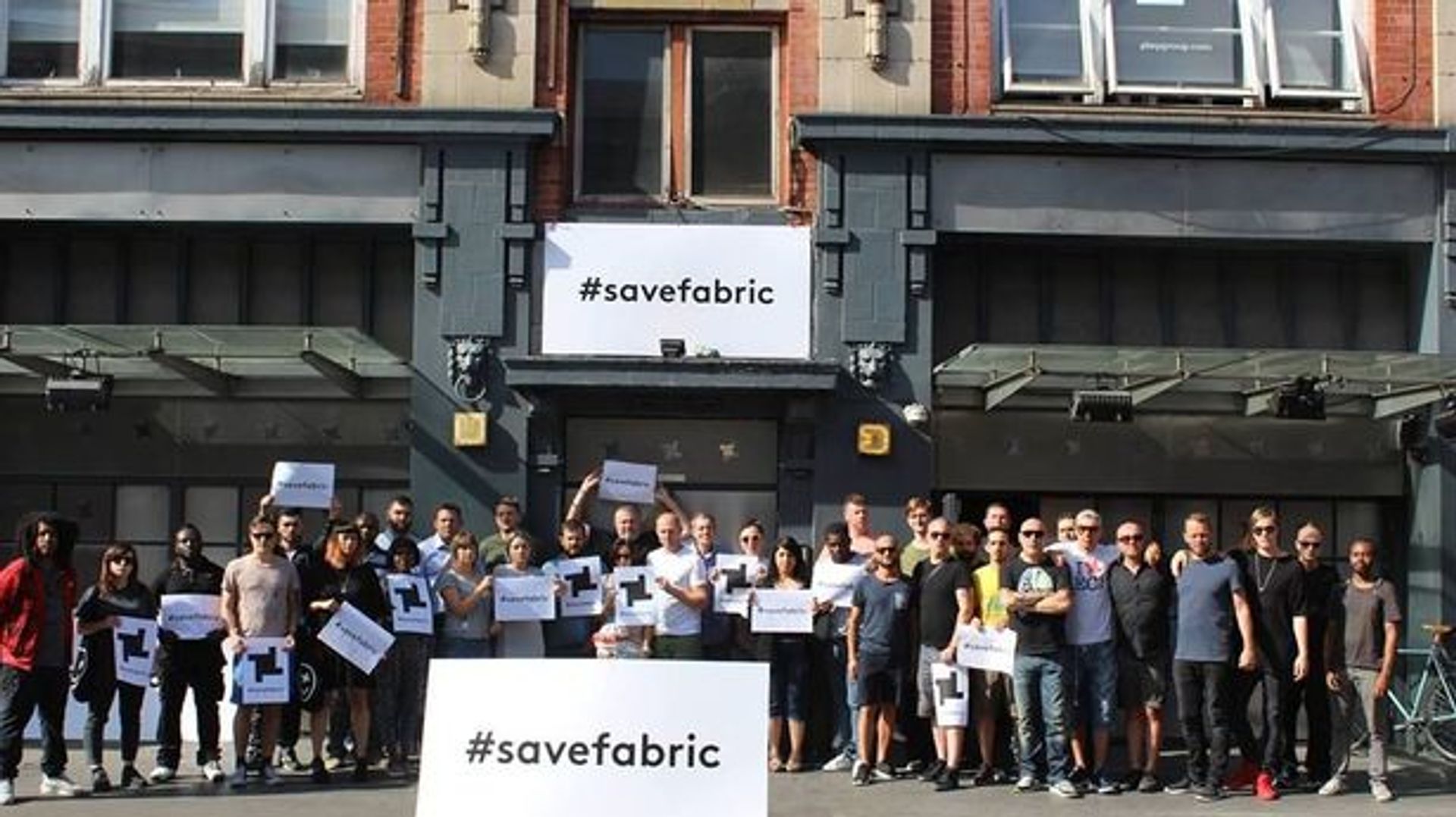
Save Fabric campaign
Fandom doesn’t just revolve around the artists. There are many clubs and institutions like Berlin’s Berghain or Movement Festival in Detroit, where fan culture has also had an effect on the industry. Like when London’s licensing sub-committee decided to revoke Fabric’s liquor license, stating, “There is a culture of drugs at Fabric which management cannot control.”
With alcohol sales being the livelihood of most if not all nightlife establishments, Fabric faced permanent closure until the underground community of artists and fans decided to do something about it. The Nightlife Industries Association launched the Fund For Fabric in 2016 to fight the city’s decision in hopes of changing the fate of the iconic institution. The #saveourculture campaign raised more than £330,000 and ended with the club striking a deal with police and Islington Council to reopen in January of 2017.
Fandom can be toxic or have the power to make life-altering decisions. The choice of who should bear the responsibility of what the fandom does with that power remains to be seen.
